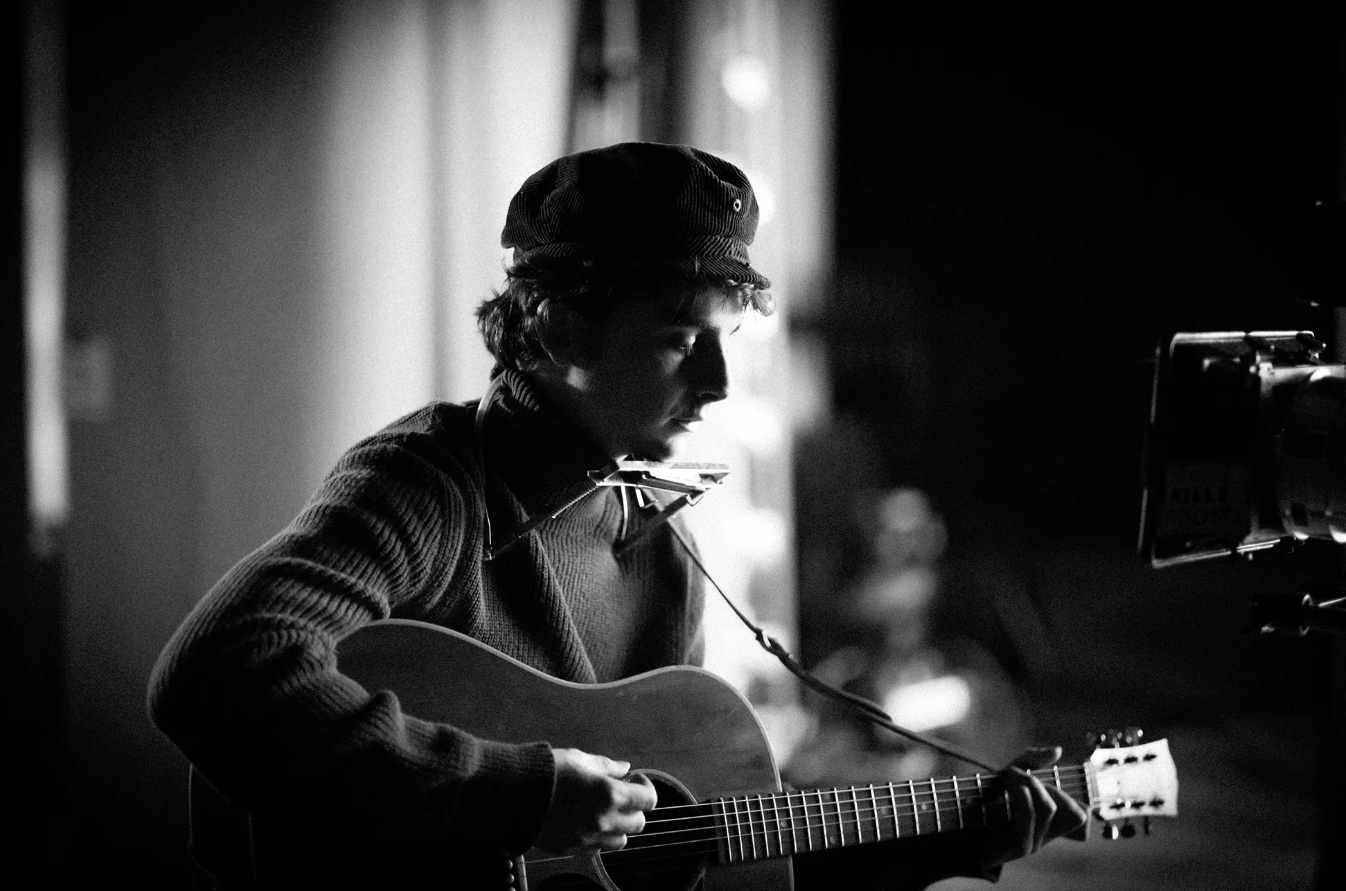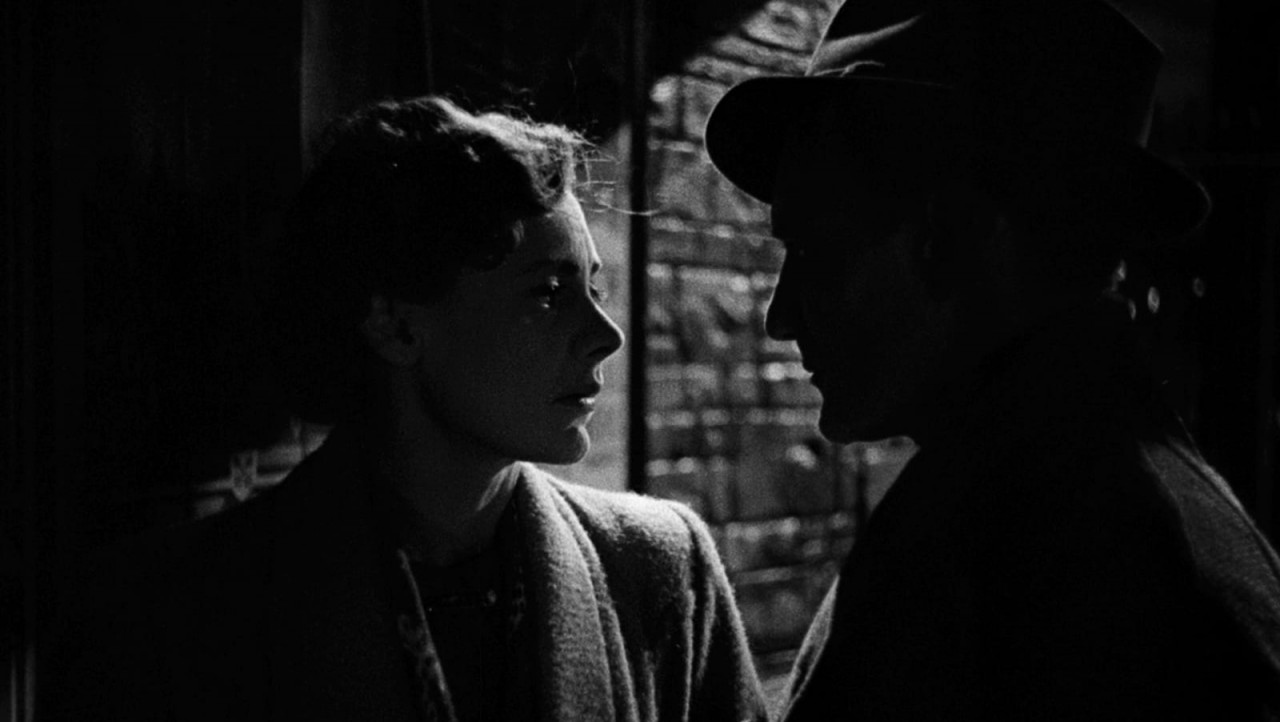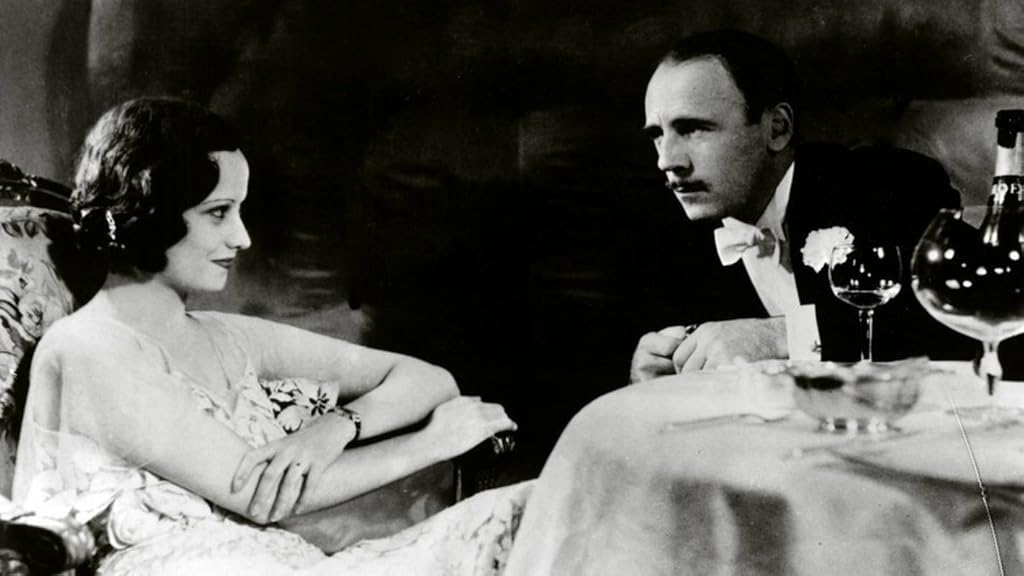A Complete Unknown (2024) is a film that drifts like smoke through the hollows of history, lyrical and elusive, much like the mythos it seeks to trace. It is not simply a biopic—it is a reverie, a cinematic poem spun from shadows and light, charting the tender, tremulous moment before legend takes root.
James Mangold crafts not just a portrait of Bob Dylan, but an elegy for the restless soul of the American troubadour. Timothée Chalamet, inhabiting the young Dylan with uncanny grace, offers a performance that feels less like imitation and more like invocation — soft-voiced, sharp-eyed, a presence as ephemeral as a folk song drifting down a cold Greenwich Village alleyway. He captures Dylan’s early contradictions with finesse: cocky yet introspective, sharp yet elusive. His voice, raw and soulful, doesn’t mimic but evokes, offering a vulnerable portrait of an artist in chrysalis. Chalamet moves through the film like smoke — ungraspable, enigmatic — reminding us that the essence of Dylan lies not in clarity, but in the haunting beauty of the unknown.
The film is steeped in atmosphere, its palette washed in moody blues and sepia dusk, as if the past were being conjured through the dream-smeared lens of memory. Every scene hums with quiet urgency — the kind that pulses beneath the skin of great art. It captures the beauty of becoming: not the fame, not the iconography, but the delicate metamorphosis of a boy with a guitar and a head full of poems stepping into a world he would soon reshape.
Yet Mangold resists the impulse to explain Dylan; instead, he lets him remain what he always was: a complete unknown.
A Complete Unknown is a lantern held aloft in the fog of memory, illuminating not answers, but the haunting questions that echo in every artist’s heart: Who am I becoming? What must I leave behind?



